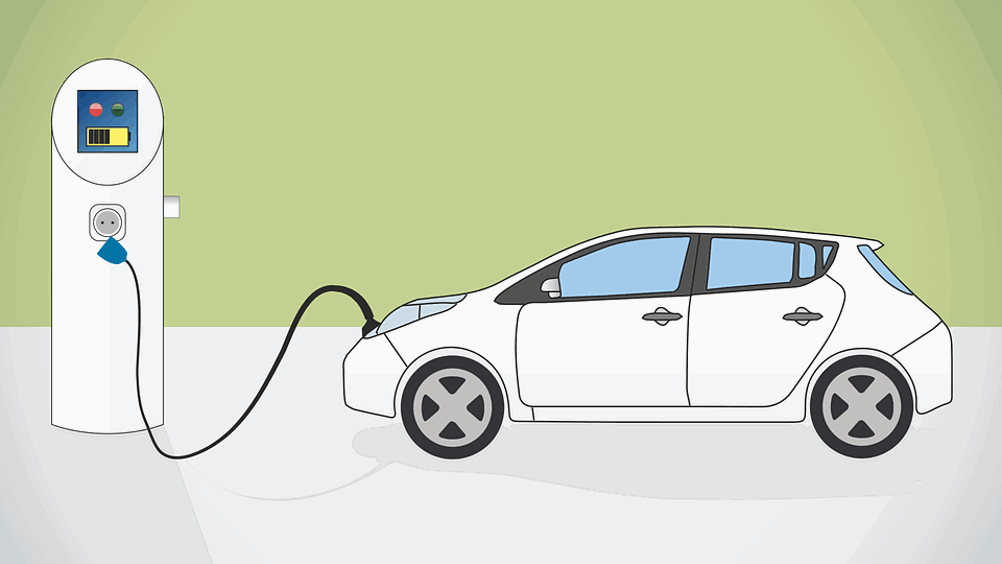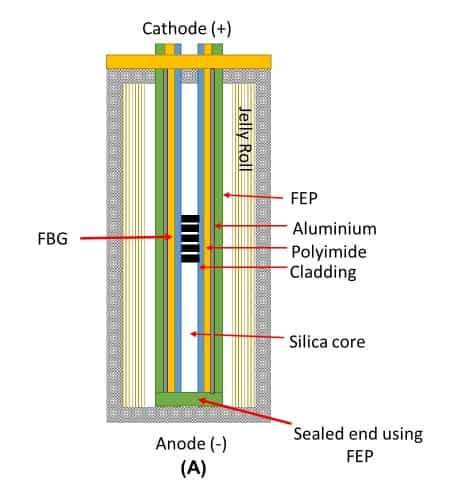Warwick study claims Li-ion batteries can be charged five times faster
Commercial lithium-ion batteries such as those found in electric vehicles can be safely charged five times faster than currently recommended, according to a new study.

Conducted by researchers at WMG (Warwick Manufacturing Group) at the University of Warwick, the work involved formulating a new precise test for measuring internal battery temperature and electrodes potential. Until now, these important signifiers of charging safety have only been measured externally, leading to imprecise readings and, consequently, conservative manufacturer limits for charging speeds and voltages.

Using an in-situ reference electrode and optical fibre temperature sensor, the WMG team was able to measure the potential of each electrode in a commercially available EV battery, alongside the cell's internal and external temperature. With that data, the researchers could determine how aggressively the battery could be charged while remaining within the thermal and potential safety limits of the cell. It was found that the maximum charging current that could be safely applied was 6.7 times higher than the manufacturer-stated maximum.
Having established the batteries could withstand much higher demands, the team then developed a rapid-charging protocol that leads to more than a five-fold reduction in charging times without compromising safety limits. The research is published in Electrochimica Acta.
Register now to continue reading
Thanks for visiting The Engineer. You’ve now reached your monthly limit of news stories. Register for free to unlock unlimited access to all of our news coverage, as well as premium content including opinion, in-depth features and special reports.
Benefits of registering
-
In-depth insights and coverage of key emerging trends
-
Unrestricted access to special reports throughout the year
-
Daily technology news delivered straight to your inbox









Breaking the 15MW Barrier with Next-Gen Wind Turbines
The key point s that wind power is intermittent. There is a lot of crowing when it is the main source of power generation but things fall silent when...